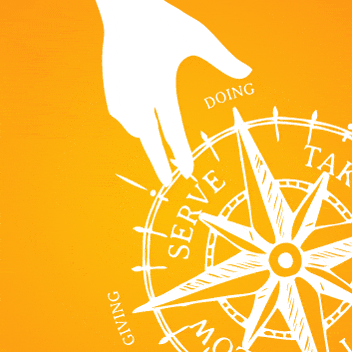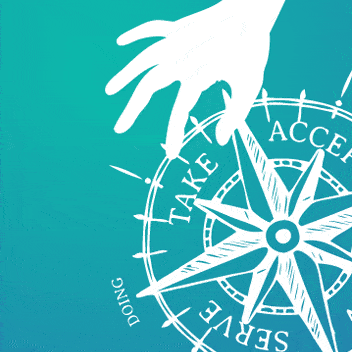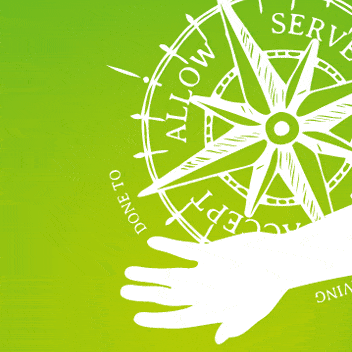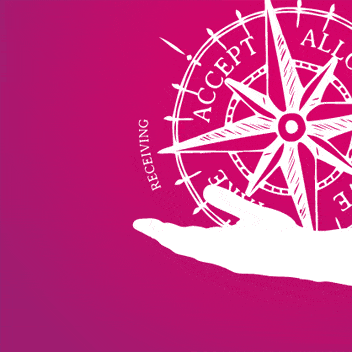
Why slow down? 3 reasons you’ll benefit
When things aren’t working the way you’d like, it can be very tempting to search for a quick fix.
And our instant-gratification culture tends to encourage this – we want something, and we want it now!
But there’s an inherent issue at the heart of this which doesn’t often get examined. As somatic coach Marina Yanay-Triner points out:
“Urgency is a trauma response. The need to heal fast, the need to get there already. Think about traumatic events: they require for us to act urgently, without much thought. They activate the part of us that is more automatic, rather than thoughtful, slow and mindful”.
When it comes to things like consent, healing from trauma, or learning how to make positive changes for your wellbeing, wanting instant results is actually a bit of a contradiction!
In fact, slowing down is important for growth and learning on a number of different levels:
1. When you slow down you’ll feel more
Especially when you’re trying to build more connection with your body, slowing down is crucial.
When you slow down you notice more, which means you feel more.
And the more you can feel, the easier it becomes to listen to your body, and trust what it wants, and to follow the wisdom that your body already has.
When you slow down you notice when something feels authentically good, and when it doesn’t – it’s hard to do that at speed.
And slowing down also makes it easier to notice when you want something to stop or change – before it becomes too late, or unsafe.
2. Slowing down is helpful when it comes to making changes.
When it comes to improving wellbeing we’re often trying to re-wire the patterns of a lifetime, or learn new and unfamiliar ways to do things.
Sometimes this can be an intense process; Wheel Of Consent creator Betty Martin notes:
“As any activity becomes more intense we become more likely to revert to our default. The cure for intensity is to slow down.”
This can be as simple as pausing more often, or starting with something that feels easier or more neutral, instead of diving in at the deep end.
3. Why slowing down is important for learning
In today’s fast-paced world many of us have a tendency to rush from one thing to the next.
But when you do that you’re not giving your body and mind a chance to integrate the learning from what you’ve experienced.
That’s why, in all my practices, I always include space at the end to spend some time in stillness, without having to do anything specific. This helps my body integrate whatever it’s just experienced.
And I also always include time afterwards to reflect on what I noticed during the practice – either by writing or speaking – so that what I’ve experienced in my body has a chance to connect with the cognitive part of me which makes sense of things.
Both of these are ways to slow down. And that’s how deeper learning happens.
Slowing down requires time, and spaciousness. This is why most of my coaching sessions happen over a number of hours – so that you have the chance to go as deep as you want, without feeling rushed. Check out Meet Your Needs for a great starting point, either in person or online.
And if you want some tips for how to slow down when you’re by yourself, here are a few science-based ideas for you
The quadrants
Each quadrant in the Wheel Of Consent creates a different experience and teaches you something different about yourself. Learn more about each one:
Enjoyed reading this?
If you've found this page helpful you can get more tips and resources for better relating straight to your inbox. Sign up here and get my free How To Be Heard guide to start you off:
Explore more:
A simple approach to consent and boundaries
If you feel overwhelmed by the idea of consent and boundaries here are some simple things to focus on which will make it easier to understand.
Read MoreWhy are we so scared of talking in the bedroom?
Talking in the bedroom is often viewed as ‘dirty’ or avoided completely. Find out why it’s time to change that narrative.
Read MoreGiving and receiving explained – 6 key ways to tell the difference
If you think giving and receiving don’t need to be explained you might be surprised by this handy guide that breaks down the differences
Read MoreEvents & courses
Learn To Touch – Supported Self Study Course
Online. Discover a whole new approach to touch that will change how you feel – literally! A short, affordable, practical guide you can learn in less than an hour a day.
Read More